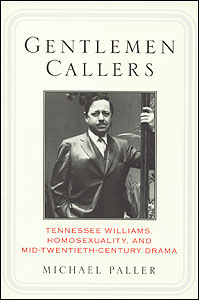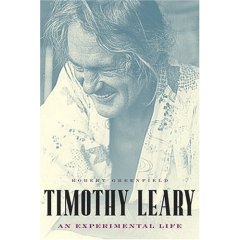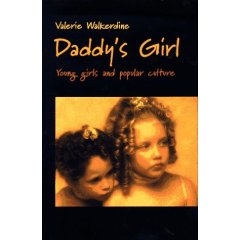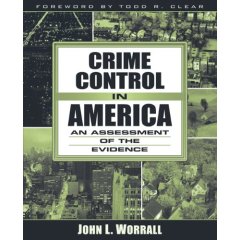
Gentlemen Callers provides a fascinating look at America's greatest twentieth-century playwright and perhaps the most-performed, even today. Michael Paller looks at Tennessee Williams's plays from the 1940s through the 1960s against the backdrop of the playwright's life story, providing fresh details. Through this lens Paller examines the evolution of mid-twentieth-century America's acknowledgment and acceptance of homosexuality. From the early one-act Auto-da-Fé and The Glass Menagerie through Camino Real, Cat on a Hot Tin Roof, Garden District and the late Something Cloudy, Something Clear, Paller's book investigates how Williams's earliest critics marginalized or ignored his gay characters and why, beginning in the 1970s, many gay liberationists reviled them. Lively, blunt, and provocative, this book will appeal to anyone who loves Williams, Broadway, and the theater.
PS3545.I5365 Z799 - Homosexuality and literature - Sexual orientation in literature - Gay men in literature - Sex in literature








